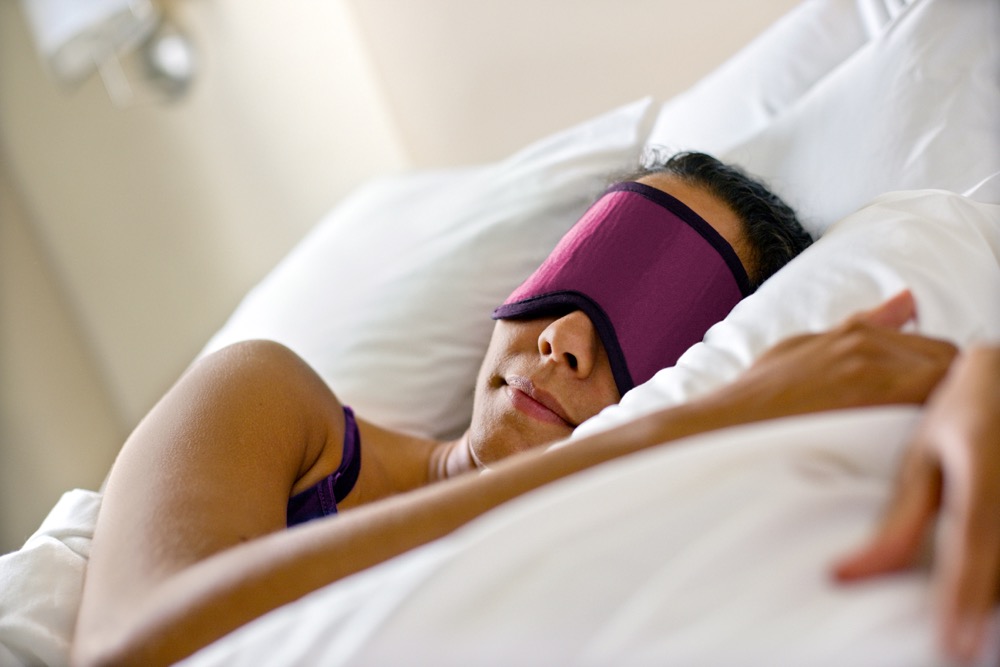With the various sleep aids being advertised, as well as mattresses for beds, you probably have the impression that no one ever sleeps well. Not so! Only one to two per cent of Canadians have insomnia, that is, a chronic problem getting and/or staying asleep. However, from time to time everyone experiences a sleepless night because of stress, anxiety, pain, or even something you ate.
While eight hours of sleep each night is considered “average,” there is no such thing as an average number of hours of sleep needed. Some people need more; some need less. As we age we need less as well. Think of a baby sleeping almost all the time, and the number of hours you sleep each night. The elderly may complain about not getting a good night’s sleep, but they may nap during the day and it is the total daily number of hours that counts, not just the ones in bed. In fact, recent reports show that daytime naps can be rejuvenating, even if you close your eyes for 20 minutes in the middle of the afternoon.
Read Also

Farm & Family – Feb 27 edition
Last week, we highlighted part one of a two-part series by GFM associate digital editor Geralyn Wichers about why you…
If you are having a problem with sleep, look for a cause. Pain associated with conditions like osteoarthritis or migraine headaches can keep you awake. Sometimes, medication such as cough and cold medication containing decongestants may cause stimulation and interfere with sleep. Ideally, check your medications, including non-prescription and natural remedies, for your health conditions to see if they could be causing problems. You want to aim for the best control possible of chronic health problems and opt for medications that don’t cause wakefulness.
Lifestyle can also impair your ability to sleep well. Caffeine, fatty or spicy foods, exercise just prior to bedtime, and even stress can result in your tossing and turning. For the best sleep, you want to aim for regular bedtime habits and a cool, dark, quiet bedroom. A great idea is to keep a sleep diary for several days or weeks, and you may be able to pinpoint a cause for your sleeplessness.
Ideally, if you need a sleeping tablet, you will want to use it for the shortest time possible. Most recommendations are for only seven to 10 days. At one time barbiturates were widely used as sleep aids, but because of the very narrow therapeutic margin (i.e. the difference between a therapeutic dose and overdose) today they are not used to treat insomnia. The most widely used sleep tablets are the benzodiazepines, for example temazepam, lorazepam, oxazepam. The “Z” drugs like zopiclone are the other major group of drugs used to treat insomnia, and these are the ones that are advertised.
It must be stressed that all of these drugs are intended for short-term use, that is the seven to 10 days, which gives you a chance to address whatever problem may be causing your sleep difficulty.
Elderly people, i.e. people over 65+, are not good candidates for sleeping tablets. Because people at this age have a greater likelihood of having one or more medical conditions and/or taking one or more chronic medication, the chance of adverse effects and drug interactions is high. And, for this group sleeping tablets increase the risk for delirium, confusion, falls, fractures, and morning drowsiness.
If you are having trouble sleeping, try tracking your sleep habits to see if you can identify a problem. Then, rather than trying a sleeping tablet, try a glass of warm milk. It contains tryptophan, a natural remedy to aid sleep!















